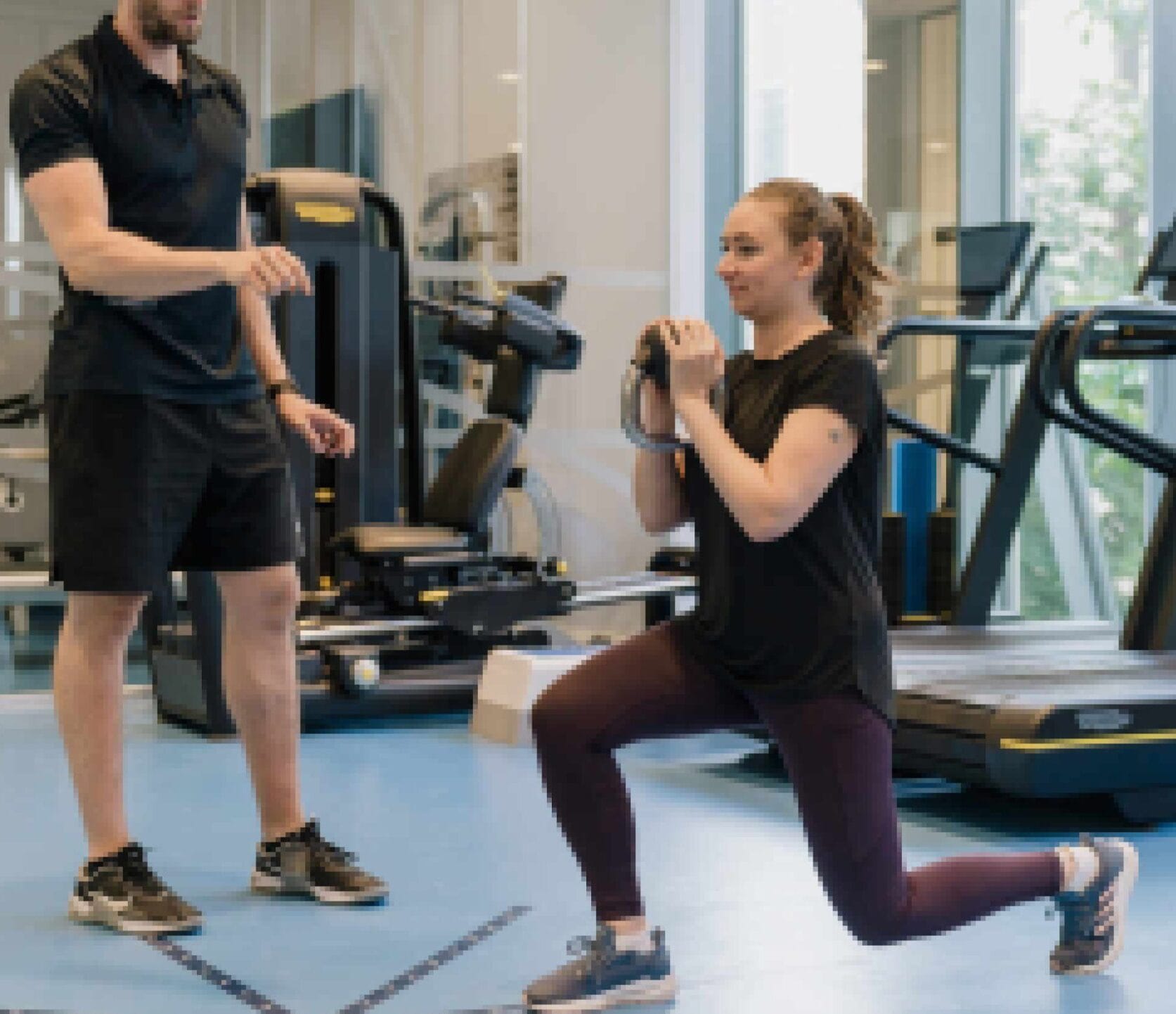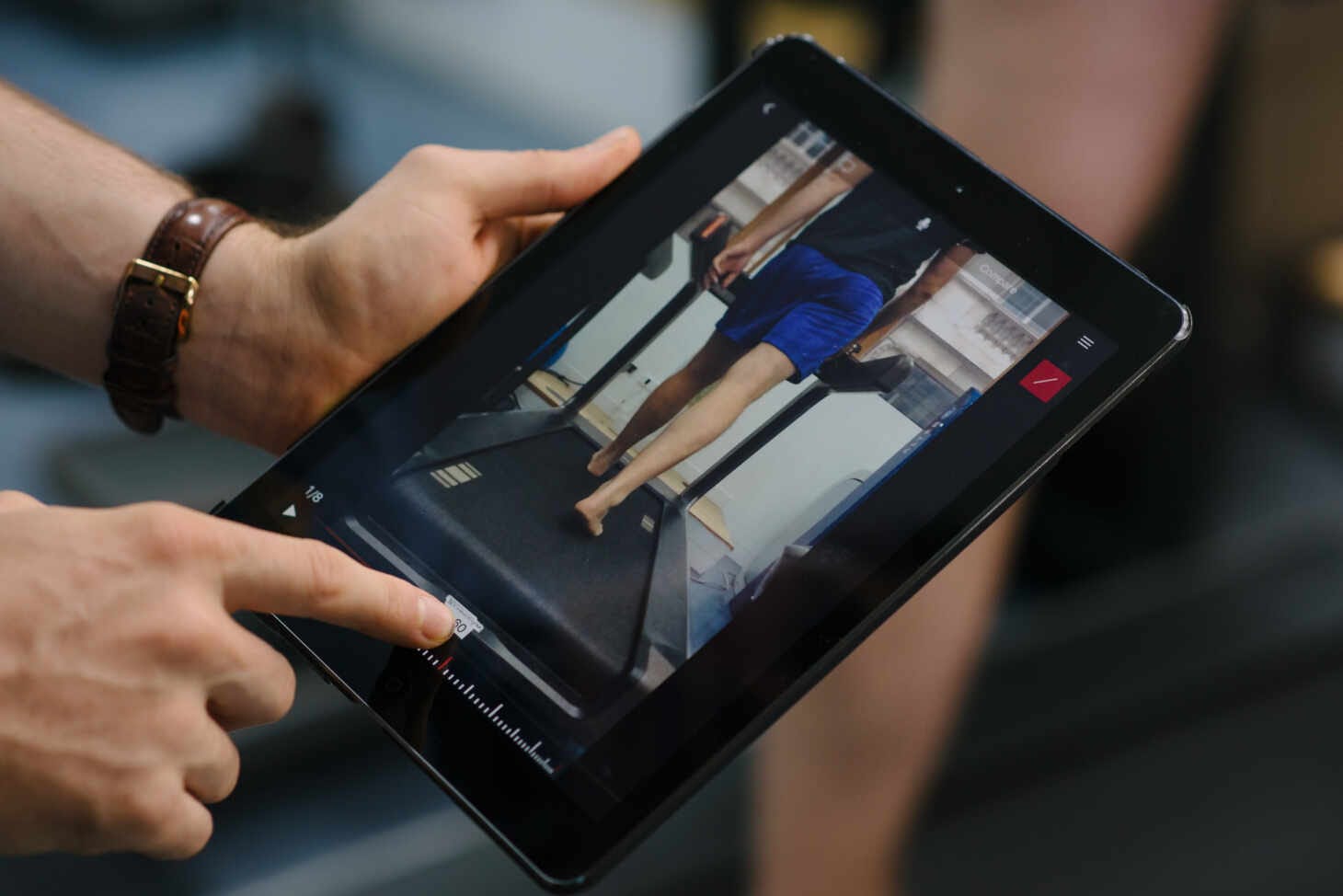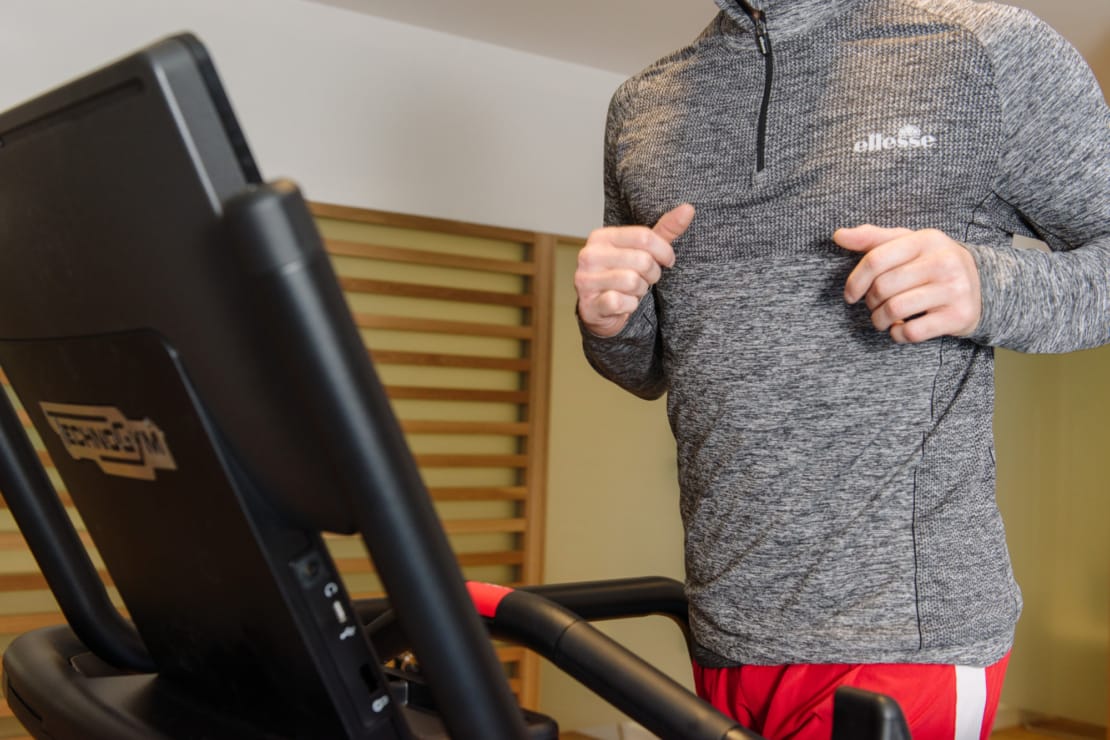Achieve Your Marathon Personal Best | Expert Tips

Andy Page
Clinic Manager & Strength and Conditioning Coach
- 22 October, 2019
- Running
- 5 min read
Training for a Marathon can seem like a daunting challenge. Surely to accomplish this goal we should be training as hard as we can for as long as we can, right? Not quite…

Unfortunately, there are risks that come with that approach to training. The good news is, with the right training plan, you can avoid all of the pitfalls and injuries we treat here in our clinics.
I’ve worked with hundreds of marathon runners, competed in marathons myself, as well as Ironman challenges, so I wanted to offer my advice as a Strength & Conditioning Coach, Running Coach, and as a fellow marathon runner, on how to get the most out of your marathon training and avoid unnecessary time out.

1. Know Your Body
As marathon lovers, we all enjoy getting out for a regular run, but do you know how your body will react to a serious increase in weekly mileage when training for a marathon? One of the main causes of running related injuries is sudden increases in distance, speed or frequency, as your body hasn’t had time to adapt and become stronger and able to perform in the way you’re asking it to.
Getting started on the right foot (pardon the pun) is essential. You need to know your starting point. A detailed Physiotherapy assessment is the best point of call. Find out if there are any weaknesses or address any niggles or aching before the heavy training begins.
If there are any potential issues, having a physiotherapist on hand to support you means you can still train for the marathon, but in a way that supports the weak area or injury and not only avoids further injury, but also makes that part of your body stronger and ready for the upcoming challenge.

Once you’re ready to get started, you want a bespoke training plan. Not a plan that someone has recommended that worked for them, not a ‘one-size-fits-all’ plan, a plan that is designed around you, your body, your schedule, and your other commitments.
This is where you need to speak to a Strength & Conditioning Coach. We have the knowledge and expertise to create the training plan that will get you to that start line and over the finish line feeling fantastic and with a new PB on your hands. We can create a weekly program which can adapt with you whilst safely increasing your mileage, speed and frequency so you can hit your new PB, injury-free. It’s all about periodisation, knowing how much to do and when.

The last piece of the puzzle that is your body is your feet. The tools that will carry you through this adventure. Many people don’t realise how much goes into each step, but just know that your feet are working double time for you during a marathon, and training for this is a must. You want to know how your foot hits the ground and if there are any imbalances in your step, or gait, as we call it.
Often, injuries that show in the knee or hip begin in the foot or ankle, so ensuring your feet are strong is a great way to prep for marathon training. For this info, you want to speak to a Podiatrist as they can give you peace of mind that you’re training the right way for your body, or if not, let you know what to do in order to correct this. They can also advise what type of running shoes are best for your feet and running pattern.

There’s nothing more frustrating than having to stop training in the weeks leading up to a marathon due to injury, but it is a common reason for runners to come and see us at Pure Sports Medicine. You wouldn’t get behind the wheel of a car without learning first how to drive, and it’s much the same with training; being proactive before you start training is the most effective way to avoid losing that valuable training time.
2. Mix it Up
The days of training with long distance runs only are long gone.
The modern runner will cover a variety of distances as part of their training, and too much volume (distance) has been linked to Runner’s Knee, otherwise known as Patellafemoral pain, and IT Band syndrome in runners. Two injuries we see frequently in our clinics.
How to avoid these? Mixing up your runs. Some runs can be long and at the tempo you aim to run the marathon at, others can be shorter or slower. Remember, you’re not trying to run a marathon every time you put your trainers on and head out. You’re aiming to gradually increase what your body can do so that come race day, you can run the full marathon distance without pain or injury.
So, for example, doing a mixture of short runs at high speed, such as 4 Sets of 4-minute runs, then some threshold runs, such as 2 x 20-minute blocks at a faster speed, and mixed interval runs, also known as fartlek training, will improve your fitness quickly and keep you injury free.
It is best to keep these types of runs on separate days.

3. Train Your Gut
Just like our lungs and our legs, our gut needs to adapt to the demands placed upon it.
Race-day nutrition is often runners’ main nutritional focus. We’ve seen many attempt to eat as much as they can the night before for fuel, which results in stomach cramps after 20 miles, affecting your pace and ultimately your overall time.
In the month leading up to the race, treat your training runs like mini marathons with your diet.
Eat meals high in carbohydrates in the preceding 3 days and eat and drink at regular intervals during the training runs, every 5 miles, for example, if that’s comfortable for you.
The muscles need a few days of high carbohydrate food to be fully stocked, and practising regular food intake on the run will help prevent that upset stomach on race-day.

4. The Best Supplement is a Healthy Diet
It is often overlooked in the search to shave off an extra few minutes from your PB, but a healthy diet during the training period will have a bigger impact on your time than any supplements.
The evidence for caffeine, beta alanine and sodium citrate is promising for endurance athletes, but compared to a healthy diet during training is insignificant.
A healthy diet will also help stave off cold and flu, which is beneficial to avoid interruptions to your training, as becoming unwell (alongside making you feel awful) can mean your training plan gets paused and replaced with a week in bed – particularly since most people are training for the marathon during flu season!
Don't Panic
We’ve all been in the same position; it’s one month out from the big day, and you don’t feel fit enough. The following week, you crank out twice the distance of previous weeks to make up for it. But instead of feeling great and up to the challenge, you end up feeling stiff, sore and – at worst – coming away with an injury.
Chasing fitness is the easiest way to break down in the lead up to race-day, and a planned progression is the best way to ensure you are at your best on the big day.
Only increasing mileage by 15% max week to week, planning an easy week (40-60% of your max distance) every month and avoiding too many hard runs in the last 2 weeks, is far more sustainable.

Advice
Over the last 20+ years our experts have helped more than 100,000 patients, but we don’t stop there. We also like to share our knowledge and insight to help people lead healthier lives, and here you will find our extensive library of advice on a variety of topics to help you do the same.
OUR ADVICE HUBS See all Advice Hubs

